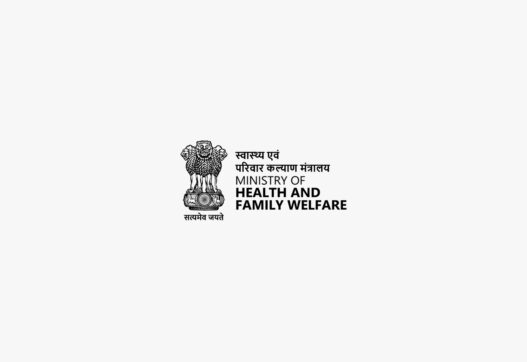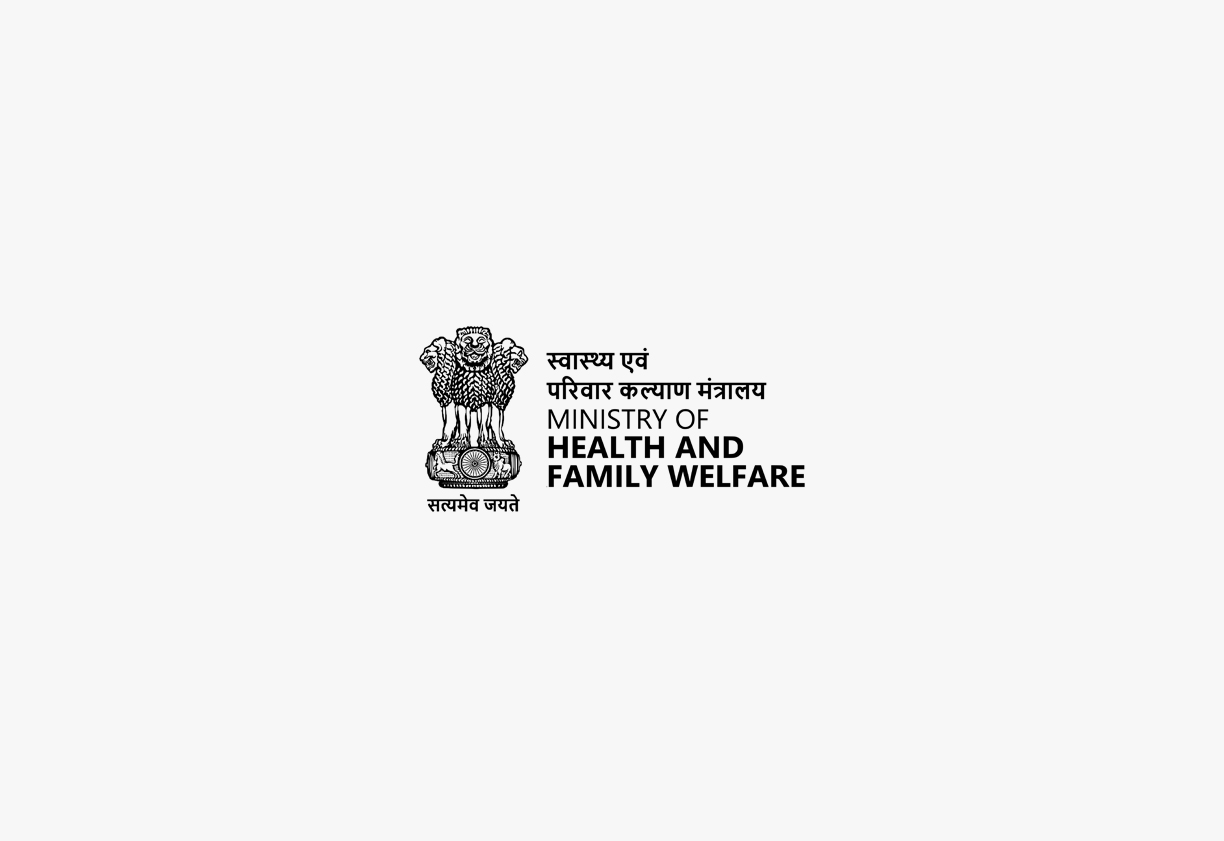Ministry of Health and Family Welfare
The Drugs and Cosmetics Act, 1940, was enacted to regulate the import, manufacture, distribution, and sale of drugs and cosmetics in India. This legislation ensures the quality, safety, and efficacy of these products. The act is under the purview of the Ministry of Health and Family Welfare, which is responsible for the administration, implementation and oversight of all matters related to drugs and cosmetics in India, safeguarding public health.
Enactment Date, Number of Chapters, Number of Sections:
The Drugs and Cosmetics Act, 1940, was enacted on 10th April, 1940, and is known as Act No. 23 of 1940. This act is divided into five chapters. It includes sections that cover definitions, regulatory bodies, import procedures, manufacturing standards, and penalties for non-compliance. These chapters are structured to provide a framework for effective oversight of drugs and cosmetics. The act is amended periodically to adjust to evolving needs.
Act Governed By:
The Drugs and Cosmetics Act is governed by the Central Government, which has the power to make rules and regulations under the Act. State governments are also empowered to enforce certain provisions within their respective jurisdictions. The Drugs Technical Advisory Board and the Drugs Consultative Committee play advisory roles. The act is governed through various notifications, rules, and orders issued by the Ministry of Health and Family Welfare and other related bodies.
On Whom It Is Applicable:
The provisions of The Drugs and Cosmetics Act, 1940, apply to all individuals and entities involved in the import, manufacture, distribution, and sale of drugs and cosmetics in India. This act applies to manufacturers, importers, distributors, retailers, and all other stakeholders who handle pharmaceutical and cosmetic products in any way. It also applies to Government Analysts and Inspectors. The act ensures that a wide range of persons and organizations are held responsible for safety and compliance.
Penalties/Punishments:
The act prescribes various penalties for offenses, ranging from fines to imprisonment. Some of the key penalties are:
-
Adulterated or Spurious Drugs: Manufacturing or selling adulterated drugs which cause harm can lead to imprisonment for ten years to life along with fine.
-
Misbranded or Substandard Drugs: Offenders face imprisonment up to three years and fines depending on type of contravention.
-
Selling without License: Sale of drugs and cosmetics without valid licenses attracts imprisonment or fine.
-
Subsequent offenses: Subsequent convictions for specified offenses can lead to enhanced penalties.
-
Non-Disclosure: Not disclosing information, or the name of the manufacturer, can lead to imprisonment and/or fine. The Act’s focus is to impose stringent penalties to deter violations.
Important Pointers:
-
Definitions: The act clearly defines terms like “drugs,” “cosmetics,” “misbranded,” “adulterated,” and “spurious” which helps to avoid ambiguity and confusion.
-
Regulatory Bodies: It establishes the Drugs Technical Advisory Board and the Drugs Consultative Committee to advise the government.
-
Central Drugs Laboratory: The act provides for setting up of a Central Drugs Laboratory for testing and analysis.
-
Government Analysts: It allows for the appointment of Government Analysts and Inspectors to ensure quality and compliance.
-
Standards of Quality: It provides for the maintenance of quality standards for both drugs and cosmetics.
-
Licensing: The act makes it mandatory to obtain licenses for the manufacture, sale and distribution of drugs and cosmetics.
-
Import Regulation: The act regulates the import of drugs and cosmetics, specifying conditions and prohibitions.
-
Prohibition of Misleading Claims: It prohibits the use of misleading or false claims about drugs and cosmetics.
-
Confiscation: The Act allows for confiscation of products violating rules and standards. The Act’s focus is to protect public health and well-being.
Act Copy:




